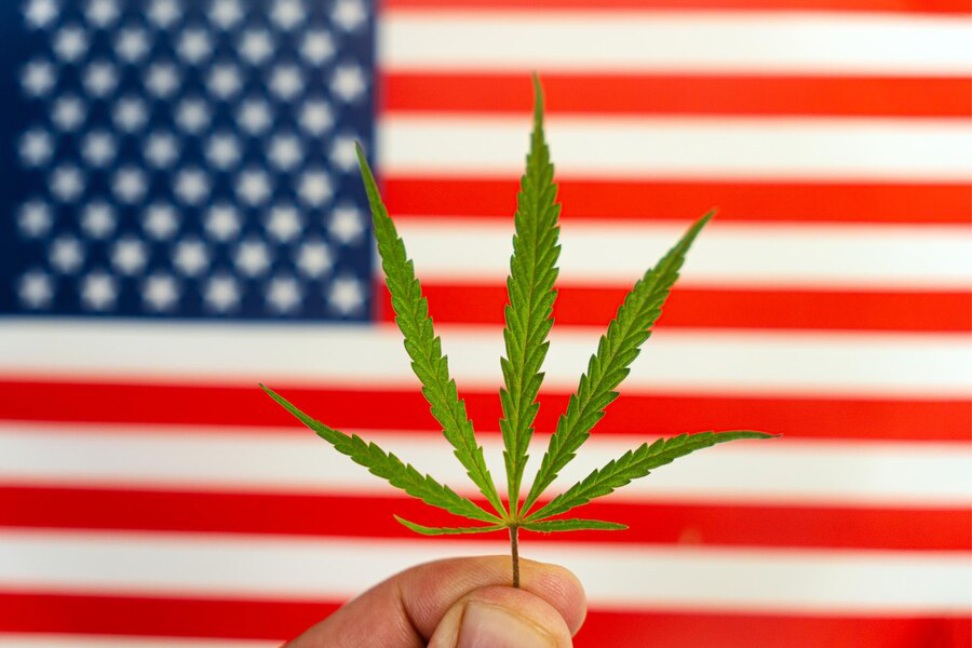As interest in CBD continues to soar, questions about its legality in the United States arise. Here’s a concise guide to shed light on the legal status of CBD.
Hemp-Derived CBD:
- The 2018 Farm Bill legalized the cultivation and sale of hemp-derived CBD containing less than 0.3% THC (tetrahydrocannabinol) at the federal level. This distinction separates hemp-derived CBD from marijuana.
State Variations:
- While federal law permits hemp-derived CBD, states have the authority to regulate it further. Some states have embraced CBD entirely, while others have imposed restrictions or bans.
Marijuana-Derived CBD:
- CBD derived from marijuana remains illegal at the federal level due to its higher THC content. However, several states have legalized marijuana for medicinal or recreational use, allowing for the legal sale of marijuana-derived CBD within those jurisdictions.
FDA Regulations:
- The FDA oversees CBD products intended for human consumption. Currently, CBD cannot be marketed as a dietary supplement, and the FDA is actively exploring regulatory frameworks.
Quality and Labeling:
- Ensuring the legality of CBD products involves scrutinizing labels. Reputable manufacturers provide third-party testing results to confirm THC content and overall product quality.
Understanding the legal landscape of CBD in America involves navigating both federal and state regulations. Stay informed, verify product sources, and be aware of state-specific guidelines to enjoy the benefits of CBD within the bounds of the law.
Also Read :
- Crafting Your Own CBD Oil: A Simple Guide
- Transformative Power: The Top 5 Benefits Of CBD
- Unveiling The Delights: Top 5 Benefits Of The Lava Cake Strain


